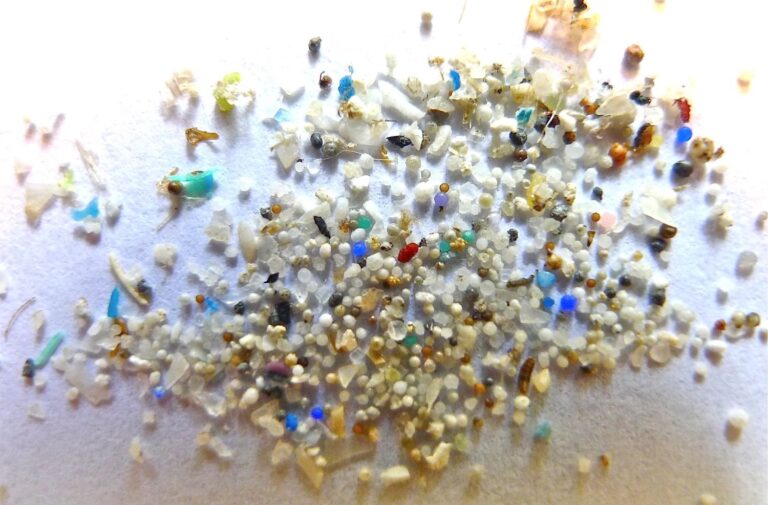
The United States Environmental Protection Agency (EPA) has taken a groundbreaking step by announcing a comprehensive ban on the ongoing uses of asbestos, specifically targeting chrysotile asbestos. This form of asbestos, which is the most prevalent globally, is currently the only kind being imported or used in the United States. It is commonly found in car parts, including aftermarket automotive brakes, linings, and other vehicle friction products and gaskets. This action aligns the U.S. with over 50 other countries that have already banned asbestos.
Asbestos, a naturally occurring, thin, fibrous material, was widely used for its flexibility and resistance to heat, electricity, and corrosion due to its low cost. Its applications ranged from cigarette filters and hair dryers to home insulation. The discovery that asbestos fibers could disintegrate into inhalable particles, leading to severe lung damage, led to a marked decrease in its usage. Despite this decline, asbestos exposure remains linked to over 40,000 deaths annually in the U.S., highlighting the significant health risks it poses, including lung cancer, mesothelioma, and ovarian and laryngeal cancers.

Described as a "major milestone" for chemical safety, the EPA's ban is the culmination of years of advocacy and research underscoring the health hazards posed by asbestos. EPA Administrator Michael Regan emphasized the clarity of science regarding asbestos as a known carcinogen and its impact on public health, reflecting the administration's dedication to addressing this issue. The ban sets forth various deadlines for different industries to cease asbestos use. The chlor-alkali industry, which employs asbestos in the production of essential chemicals for water treatment, has been given a transition period of five years, despite calls from the American Chemistry Council for a 15-year timeline.
The ban has been met with support from various quarters, including the AFL-CIO, which represents the largest federation of unions in the country. They hailed the move as a landmark protection for workers, while also urging the EPA to tackle the risks associated with legacy asbestos in the nation's infrastructure. The EPA also announced plans to evaluate these legacy uses of asbestos and asbestos-containing talc, indicating a broader scope of regulatory action in the future.
Senator Jeff Merkley praised the ban as a significant advancement for public health but reminded us that the journey against asbestos is far from over, calling for Congress to enact stronger protections. The EPA's ban on asbestos marks a pivotal moment in the fight for a healthier, safer environment, demonstrating a firm commitment to the well-being of all citizens. This historic decision paves the way for future efforts to eliminate the risks associated with asbestos and other hazardous materials, ensuring a safer world for generations to come.











